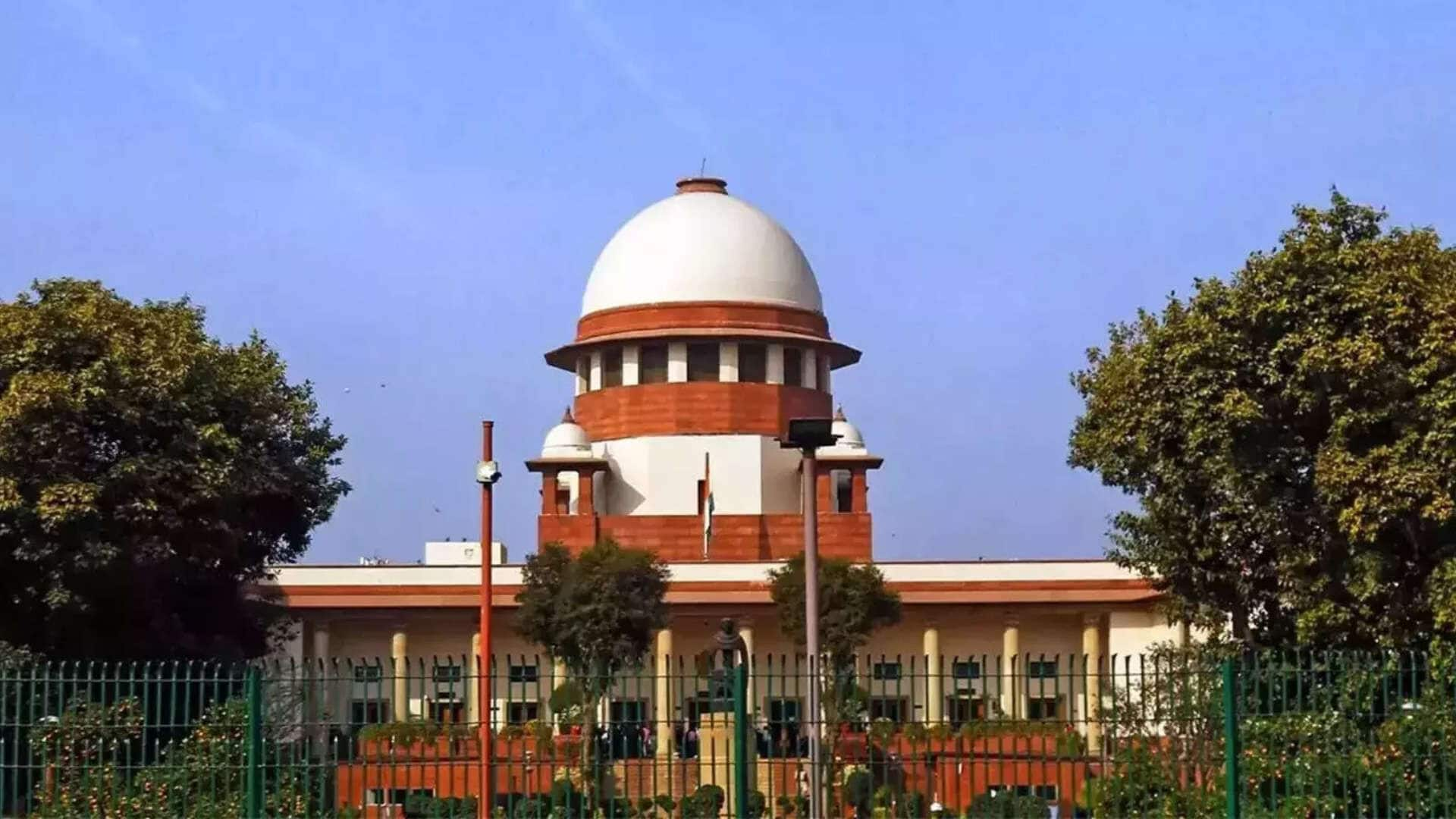
Bilkis Bano case: SC refuses to remove Gujarat government criticism
What's the story
The Supreme Court on Thursday dismissed a review petition filed by the Gujarat government. The Gujarat government had filed a review petition in February seeking to expunge certain remarks made against it by the court in a previous judgment related to the premature release of 11 convicts in the Bilkis Bano case. The bench, comprising Justice BV Nagarathna and Justice Ujjal Bhuyan, found no apparent error or merit warranting reconsideration in the review petitions.
Petition dismissal
Court's rejection of Gujarat's review petition
The bench stated, "Having carefully gone through the Review Petitions, the order under challenge and the papers annexed therewith, we are satisfied that there is no error apparent on the face of the record or any merit in the Review Petitions." In the previous ruling, the Supreme Court had criticized Gujarat for acting in tandem with a convict who had sought consideration for his premature release application.
Case history
Background of the Bilkis Bano case
The convicts in question were sentenced to life imprisonment for multiple murders and gang rapes during the 2002 communal riots in Gujarat. They were prematurely released by the Gujarat government on Independence Day in August 2022. However, this decision was later overturned by the Supreme Court, which ruled that Gujarat was not the "appropriate government" to decide their remission pleas under Section 432 of the CrPC since their trial had been transferred to Maharashtra.
Legal arguments
Gujarat's defense and Supreme Court's response
In its review petition, Gujarat argued that it had acted in accordance with a previous Supreme Court direction from May 2022. The state claimed it could not be accused of "usurping" jurisdiction from Maharashtra as it was following the court's order. However, the Supreme Court maintained that if Gujarat had clarified its position as not being the "appropriate government" to decide on remission, unnecessary litigation could have been avoided.